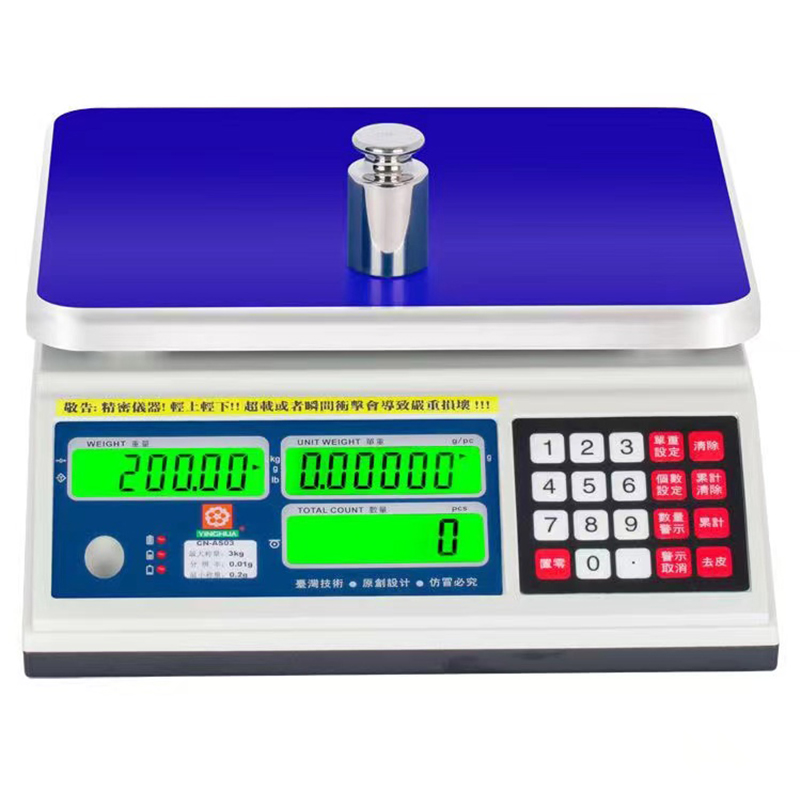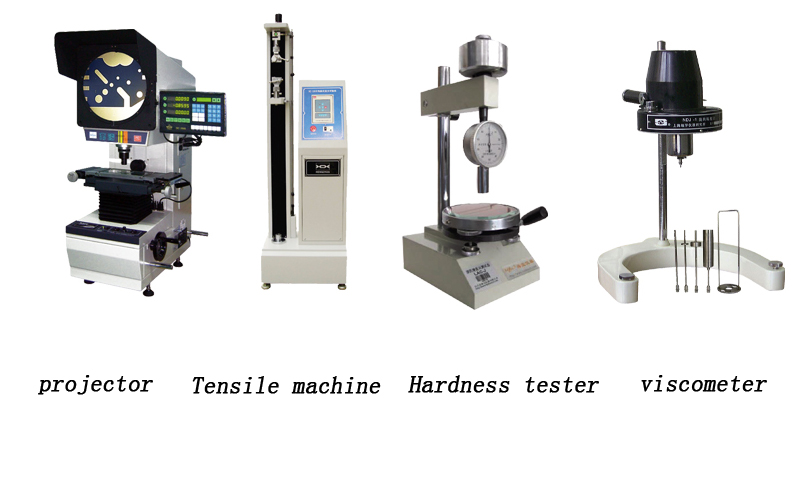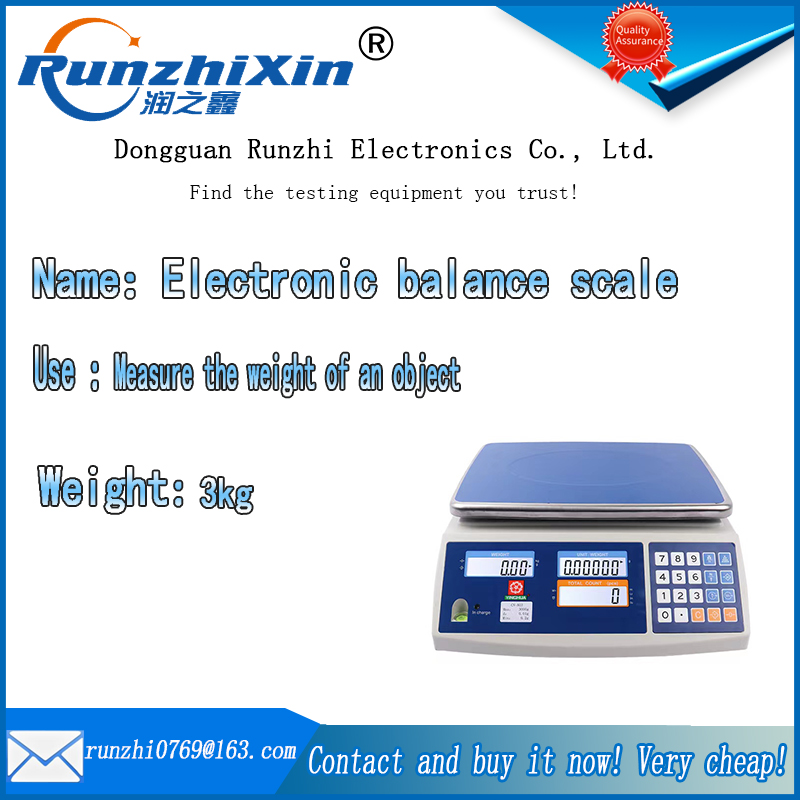An electronic scale is a device that uses electronic technology to measure the mass of an object. Compared with traditional mechanical scales, it has higher precision, more convenient use and wider application range.
A digital scale consists of two key components: a sensor and a display. The sensors, usually using piezoresistive or capacitive technology, determine the mass of an object by measuring the pressure exerted by it when it is symmetrically placed on the weighing pan. These data are then converted into electrical signals, processed by internal circuits, and finally presented in digital form on the display.
The working principle of the electronic scale: when the object is placed on the weighing pan, the pressure is applied to the sensor, and the sensor is elastically deformed, so that the impedance changes, and at the same time, the excitation voltage is changed, and a changed analog signal is output, which is amplified The circuit amplifies the output to the analog-to-digital converter, converts it into a digital signal that is easy to process, and outputs it to the CPU operation control. The CPU outputs the result to the display according to the keyboard command and program until the result is displayed.

Compared with traditional mechanical scales, electronic scales have many advantages. First, they have greater precision and sensitivity. Thanks to advanced sensor technology, electronic scales can achieve more accurate and reliable measurement results. Secondly, electronic scales are more convenient and faster to use. Simply place the object on the weighing pan and the mass value will be displayed automatically, without manual adjustment of the scale or complex calculations. In addition, most electronic scales are also equipped with various functions, such as automatic zeroing, unit conversion, weight accumulation, etc., providing more diverse and practical operation options.
Electronic scales have been widely used in various industries and fields. In the commercial field, they are widely used for weight measurement and valuation in the food, pharmaceutical, cosmetic and other industries. Due to its high precision and quick response, electronic scales can provide accurate product quality information and help merchants perform pricing and inventory management. In terms of household use, electronic scales are often used in kitchen cooking, meal control, etc. By accurately measuring the quality of ingredients, people can better control food ingredients and cooking ratios to achieve a healthier and scientific diet.
In addition, electronic scales are also widely used in medical, logistics, industrial and other fields to meet specific needs. For example, in the medical industry, electronic scales are used to measure patient weight and provide doctors with reference data for diagnosis and treatment planning.
To sum up, the electronic scale is a very practical and important device that plays an important role in various fields. They have the advantages of high precision, convenience and quickness, and can meet the needs of different industries for quality measurement. By using electronic scales, we can measure and measure the quality of objects more accurately, improve work efficiency, and bring more convenience and practicality to various fields.

Precautions for using electronic scales:
1. It is strictly forbidden to rain or wash with water. If it gets wet accidentally, wipe it with a dry cloth. When the machine is not functioning normally, send it for repair as soon as possible.
2. Avoid impact when adding weight to the balance, and overloading is strictly prohibited: knocking, impact and heavy pressure are strictly prohibited.
3. Do not let cockroaches or small creatures invade the machine, so as not to cause damage to internal components and wires.
4. Regular calibration. In order to maintain the accuracy of the balance, it should be calibrated at least once a year (the calibration method can be entrusted to a reputable electronic scale shop, laboratory or government verification unit. If it is used in the factory).
Reminder: Due to the continuous upgrading of electronic scales, the pictures of electronic scales are for reference only, please email us for details! More high-quality products welcome your consultation!

Dongguan Runzhi Electronics Co., Ltd.-Testing Instrument Division is mainly engaged in various laboratory supplies and testing instruments and equipment: workbench, environmental experiment instrument, element detection combined instrument, floor special residual sag tester, lock size tester , Straight-line right angle detector, microcomputer push-pull force meter, static bending strength tester, high-precision video projector, caster tester, falling ball tester, falling sand meter, 90-degree peel strength tester, scratch resistance tester, Grinding tester, gloss meter, whiteness meter, energy meter, specific gravity meter, infrared thermometer, viscometer, thickness meter, depth meter, analytical balance, calipers, feeler gauge and other instruments and equipment are available. Welcome new and old customers from all over the country to call and post for consultation:
Website: https://www.instrumentvip.com/
Tel: 86+13712847488
Contact person: Mr. Zheng


